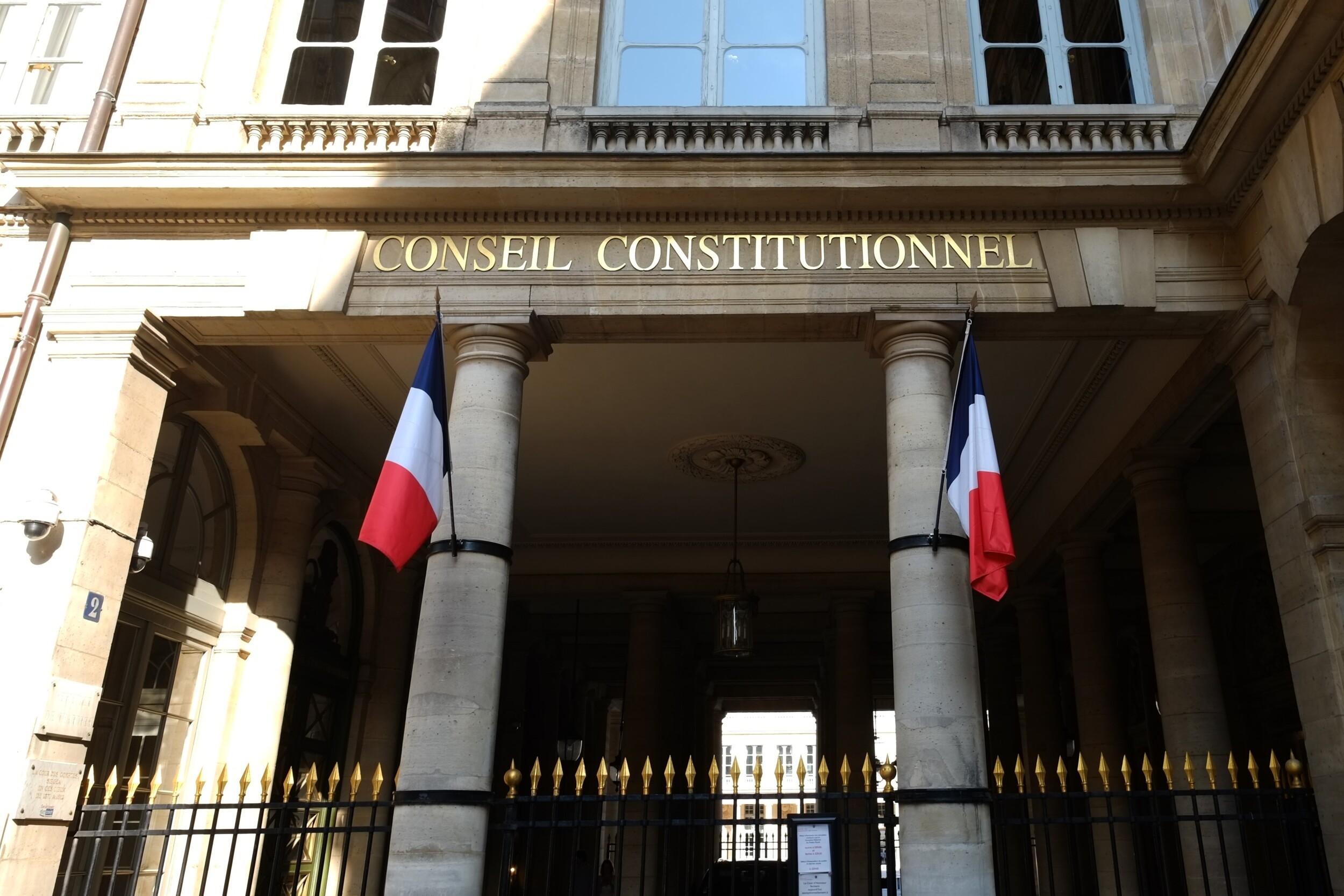On Thursday, the Constitutional Council rejected one of the most controversial measures in the government’s justice bill, which planned to remotely enable audio and video recording of cell phones of people targeted by legal action.
The Constitutional Council rejected, Thursday, November 16, a key measure of the government’s justice bill, carried by Minister of Justice Éric Dupond-Moretti. The provision, which was to allow the remote activation of smartphones in the context of certain investigations, was swept aside by the wise people. On the other hand, the latter have validated cell phone spying for geolocation in certain cases.
Smartphone spying: “a disproportionate attack on the right to respect for private life”, for the Constitutional Council
The measure of remote activation of microphones and cameras of mobile phones, which the minister insisted on, was judged to be a “ particularly serious infringement of the right to respect for private life », by the Constitutional Council.
This capacity would in fact have allowed the recording of words and images without consent, even in private places and at any time. The members of the Council added that such an intrusion was not proportionate to the objectives pursued.
The government, which had managed to obtain the approval of senators and then deputies, wanted to use this investigative technique in cases of terrorism, organized crime and delinquency. But he quickly came up against, without much surprise, criticism from the left, who denounced a “ authoritarian drift “. NGOs and lawyers defending privacy had also expressed their concern.
The government gets the green light on geolocation
If the spying on sound listening and video capture devices was invalidated, the Constitutional Council ruled in favor of the government on the question of geolocation. The latter nevertheless remains conditional on “ an investigation or instruction relating to a crime or an offense punishable by at least five years of imprisonment ”, raising questions about the line between privacy protection and security needs.
The Constitutional Council also validated a provision contested in particular by the members of Rebellious France : the expanded possibilities of carrying out night searches. The persistent tension between security imperatives and the protection of fundamental rights should continue to fuel public debate in the coming months.
Source : Constitutional Council

4